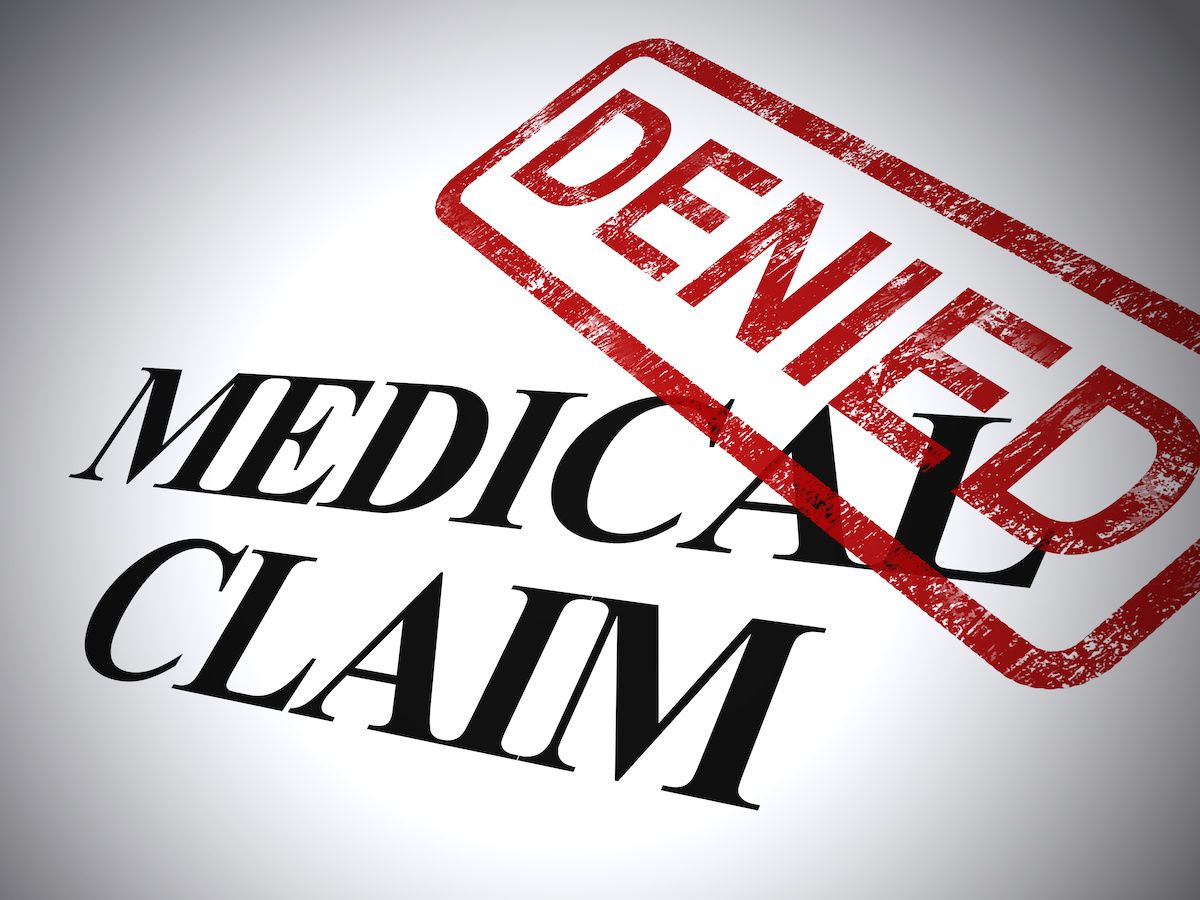News
Article
Jay W. Lee, MD, MPH, FAAFP explains the CDC's latest vaccine recommendations
Author(s):
Key Takeaways
- CDC recommends annual COVID boosters, with an extra dose for high-risk groups, and lowers pneumococcal vaccine age to 50.
- Strong physician-patient relationships are key to addressing vaccine hesitancy and misinformation effectively.
Jay W. Lee, MD, MPH, FAAFP sat down with Medical Economics for an exclusive Q&A.
Jay W. Lee, MD, MPH, FAAFP © - American Academy of Family Physicians

Jay W. Lee, MD, MPH, FAAFP, a member of the board of directors of the American Academy of Family Physicians (AAFP) and medical director at Integrated Health Partners of Southern California, sat down with Medical Economics to discuss the U.S. Centers for Disease Control and Prevention's (CDC's) latest recommendations for COVID-19 and pneumococcal vaccines, the importance of maintaining a physician-patient relationship and best practices for addressing vaccine hesitancy and misinformation. The video of the interview can be viewed here.
Medical Economics: Could you provide a general interview of the CDC’s latest recommendations on COVID-19 and pneumococcal vaccines and what they mean for physicians?
Jay W. Lee, MD, MPH, FAAFP: Yeah, absolutely. I’d be happy to speak to that. So, a couple of things: One, around COVID vaccines, the prevailing recommendations coming out of the public health emergency were to have a once a year booster every fall, similar to what we might get for the flu vaccine. However, the more recent recommendations are that for certain groups that may be at higher risk for severe COVID, that there be actually a second shot six months after that first booster shot in the fall. I think the science is evolving on this, but I think it's become pretty clear that we're starting to get in a bit of a seasonal pattern, and so the fall recommendation made sense right out of the gate, from the moment that we left the public health emergency, and I think the data is continuing to show that those who are getting hospitalized and having severe cases of COVID tend to be those who have chronic illnesses, and typically those over the age of 50 who have one or multiple chronic conditions.
As far as pneumococcal vaccines go, you know, that's also evolved thanks to science and data, and the biggest change that we're seeing in the current recommendation is a reduction in the age at which patients might receive that pneumococcal vaccine. Historically, we used to recommend one pneumococcal vaccine, but there are actually now two pneumococcal vaccines that could be given to people over the age of 65. The new recommendation is that that age range be brought down to the age of 50. Again, a lot of that was data driven, based on hospitalizations and people who are most likely to get severe pneumonia that might put them in the hospital, or worse, take their life.
Medical Economics: You touched on it a bit there, but as respiratory illness season ramps up, how important is it for physicians to encourage vaccinations against flu, COVID-19 and pneumococcal infections simultaneously? What strategies have you found to be particularly effective?
Lee: I will say, I think my patients are well attuned to what I might recommend once we get past Labor Day. So, I'll ask them very bluntly, “you know what I'm going to ask you next, right?” And, invariably, that ends up bringing up vaccines, which is one of those important domains that we talk about with patients when they do come in. So, I think it's about being consistent with asking, and I also think, you know, I would say there's still a lot of patients who will say, “yes,” and they'll roll up their sleeves and they'll get it done.
Over the course of my 20 plus years of doing this there, there have been a growing number of people who have additional questions. One of the ways that I approach that is by taking a very careful listen as to what it is that they are concerned about, and then asking them actually a set of questions about what's important to them. So, sometimes what I'll uncover from that is that, you know, it's really important to them that they're able to see their elderly relative, or somebody who's in the hospital, or someone that might be sick. So oftentimes, what I'll do is I'll tie that desire to be connected with the people in their life and their loved ones with, “Hey, you know it, you know this is not just for you, but it's also for those folks in your life. Would you be open to having that conversation?”
I also think being sort of persistently and pleasantly cajoling can help a lot. You know, it's that relationship. It's not like I'm some random doctor that's coming up to them and just saying, “Hey, you need to have this done.” It's based in trust, and it's based in a relationship. And I think it's really important for, you know, patients to understand that there's a tremendous amount of value in having that ongoing relationship with your trusted family physician, and they're there to help you sort through all of the potential misinformation that's out there, because our job is to really make sure that that we are doing that risk benefit analysis for you as patients, and that we're taking into account the things that are important to you.
Medical Economics: How has the way that physicians approach the vaccine conversation changed in the wake of the COVID-19 pandemic?
Lee: Yeah, I alluded to this a bit earlier, but, back 20 years ago, I'd have a small percentage of patients who would say no. This was with regards to any vaccination, really. Then, I think because of misinformation, it's just made it harder to navigate, and I think a lot of it is that sometimes patients will come to you with information that they've gathered from sources. And so, I'll often have a conversation about, “What source did you get that information from?” And ask them a series of questions, not meant to debunk or embarrass the patient, but really just to kind of poke holes in the argument, right? Then it's turning that conversation into, “Well, you know, I've taken care of you for 15 years, I really care about your health and, you know, we've been through a lot together. I've been able to help you with your diabetes. I've been able to help you with your hypertension. Remember when you got your colonoscopy?” Just kind of building that rapport and reminding the patient that we're only there for their health and their well-being. Even then, I may not be 100% successful, but at least we've had that conversation.
If they still say no, then I’ll open the door for further conversation. “So, I know you didn't say yes this time, but is there an opportunity for us to revisit this the next time I see you? Or maybe I can have my nurse reach out to you, you know, in a week, and we can revisit this because right now, October, November, is scientifically, the best time for you to get your vaccine for these seasonal respiratory illnesses.”
Medical Economics: What are some strategies that physicians can employ to address vaccine hesitancy and misinformation?
Lee: I think the old days of doctors taking a more authoritarian or authoritative approach as the holders of information, that era is gone. It’s gone because we've got the internet now. So, I think really a big piece of that is working with the patient to help them to try to better understand how it is that they got to the conclusion that they got to, and then for us as health professionals to say, “Well, here's what the science actually says.” Again, not to debunk or embarrass them, but really to create that dialog. When you have that back-and-forth dialog, that's the opportunity for us to create change, and the opportunity for patients to begin to think more critically about the actual science that's out there behind this. And yes, there are risks to anything that we do in health care, but ultimately, our job as physicians is to help patients weigh the risks and benefits. What we know from the decades of data on vaccines is that, far and away, it's one of the most effective public health measures for preventing patients from having severe illness or disease. And, because we've done such a good job with vaccinations over the last century, I think people often forget what it was like before we had vaccines. I'm old enough to know that there are things that I experienced as a physician on the treating side that were terrible to see. I’ve seen things like respiratory syncytial virus, or RSV, and how amazing it's been that we've kind of turned the corner on that and gotten so much better at preventing severe illness for those who are vulnerable.
Medical Economics: Why do you think it’s important for family practices to continue to offer vaccine services as part of the physician-patient relationship when patients have so many options when it comes to where they get vaccinated?
Lee: Yeah, I think, when at all possible, if a patient is able to get their vaccine at their family physician’s office, I would highly recommend it for a couple of reasons. One reason is they can have that conversation with you about the risk. There may be other things, depending on your age and your gender and your family history, that you're going to need to have addressed anyway. So, you know, it's kind of a one stop shop to be able to come in and to have that conversation and have a review of your record to see what things may be missing. I also think that there’s sense of connection to a doctor—and their team around them—who's there to sort of help you navigate your own health concerns and your own health issues. That’s the place that I know that a I get the most joy out of, you know, caring for patients and answering questions. Another reason, I know that my patients often come back and view us as that first touch point when questions do arise. It can get very confusing very fast when you're looking at medical information on the internet. So, unless you're absolutely certain that you're going to get a vaccine, going to the retail pharmacy or going to another location is probably not going to be the best option for you, because they may not take the time to answer the questions in the way that your physician would.
Medical Economics: Is there anything that we didn’t discuss today that you think is particularly important and would like to discuss further?
Lee: I think the most important thing is continuing to encourage patients to have that usual source of care. We know that when patients do have a usual source of care, that really helps with getting your care gaps closed, getting your vaccines done, getting your cancer screening done, and when you're not connected to a medical home or a team that's there to kind of help guide you through that oftentimes that care can be very fragmented, and although we're in a very digital world, there's something beautiful and classic and about that analog relationship that you might have with your doctor, even if it's facilitated by digital platforms. In the end, it is that human connection that makes us all healthier and all feel a lot more complete.
Newsletter
Stay informed and empowered with Medical Economics enewsletter, delivering expert insights, financial strategies, practice management tips and technology trends — tailored for today’s physicians.





